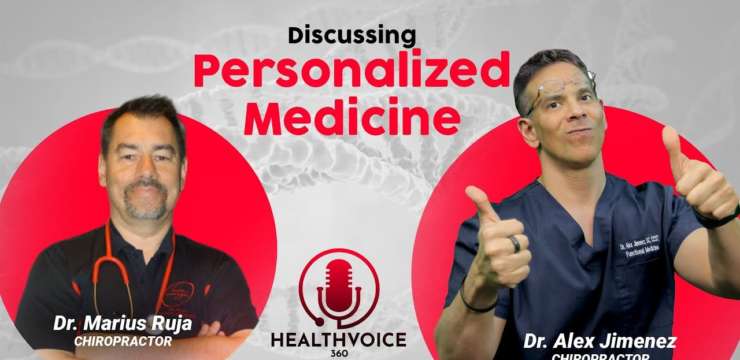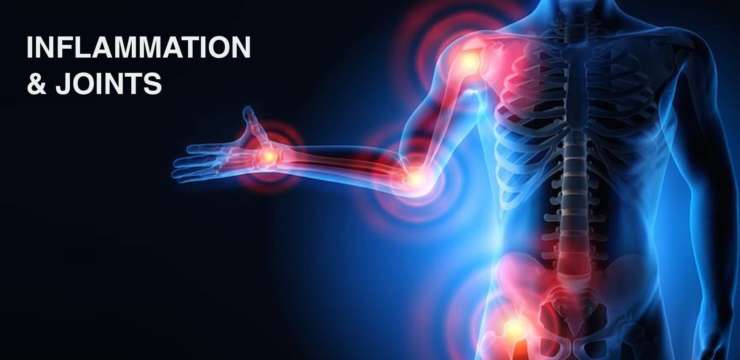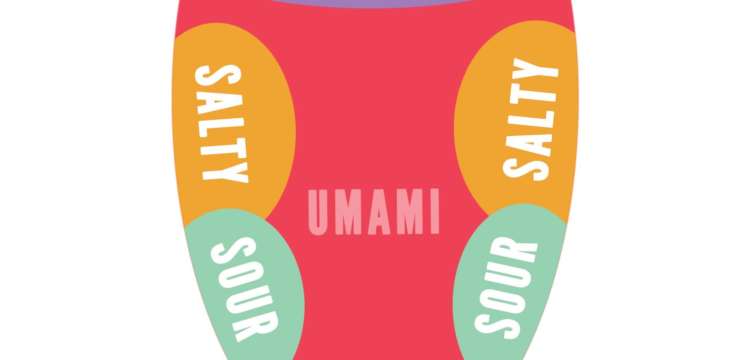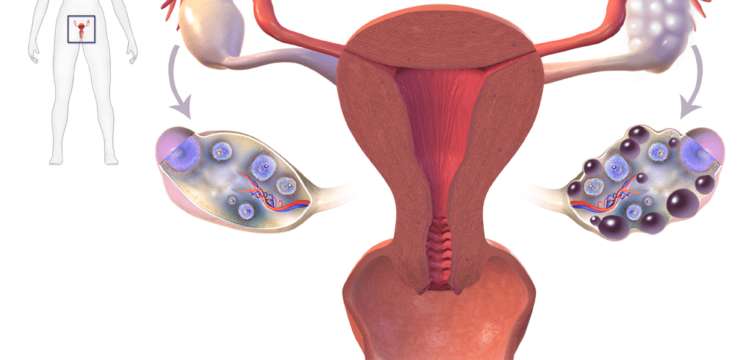PODCAST: Dr. Alex Jimenez and Kenna Vaughn introduce Sonja Schoonenberg to discuss epigenetics and nutrition. Our diet can affect our gene expression. Therefore, eating unhealthy…

Agility & Speed Anti Aging Conditions Treated El Paso Chiropractic News Fitness Functional Medicine Functional Medicine Series Health Health Coach Health Coach Clinic Podcast Healthcare Providers Holistic Medicine Nutrition and Wellness Nutritional Genomics Power & Strength Remedies Spine Care Sports Injury Treatments Video Webinars Wellness
July 16, 2020
2528Views 0Reactions 0Comments
Agility & Speed Anti Aging Conditions Treated El Paso Chiropractic News Fitness Functional Medicine Functional Medicine Series Health Health Coach Health Coach Clinic Podcast Healthcare Providers Holistic Medicine Nutrition and Wellness Nutritional Genomics Power & Strength Remedies Spine Care Sports Injury Treatments Video Webinars Wellness
July 16, 2020
2528Views 0Reactions 0Comments
Regenerative Epigenetics & Dietary Changes | El Paso, Tx (2020)
Agility & Speed Anti Aging Conditions Treated El Paso Chiropractic News Fitness Functional Medicine Functional Medicine Series Health Health Coach Health Coach Clinic Podcast Healthcare Providers Holistic Medicine Nutrition and Wellness Nutritional Genomics Power & Strength Remedies Spine Care Sports Injury Treatments Video Webinars Wellness
July 16, 2020
2528Views 0Reactions 0Comments
Agility & Speed Anti Aging Conditions Treated El Paso Chiropractic News Fitness Functional Medicine Functional Medicine Series Health Health Coach Health Coach Clinic Podcast Healthcare Providers Holistic Medicine Nutrition and Wellness Nutritional Genomics Power & Strength Remedies Spine Care Sports Injury Treatments Video Webinars Wellness
July 16, 2020
2528Views 0Reactions 0Comments
















